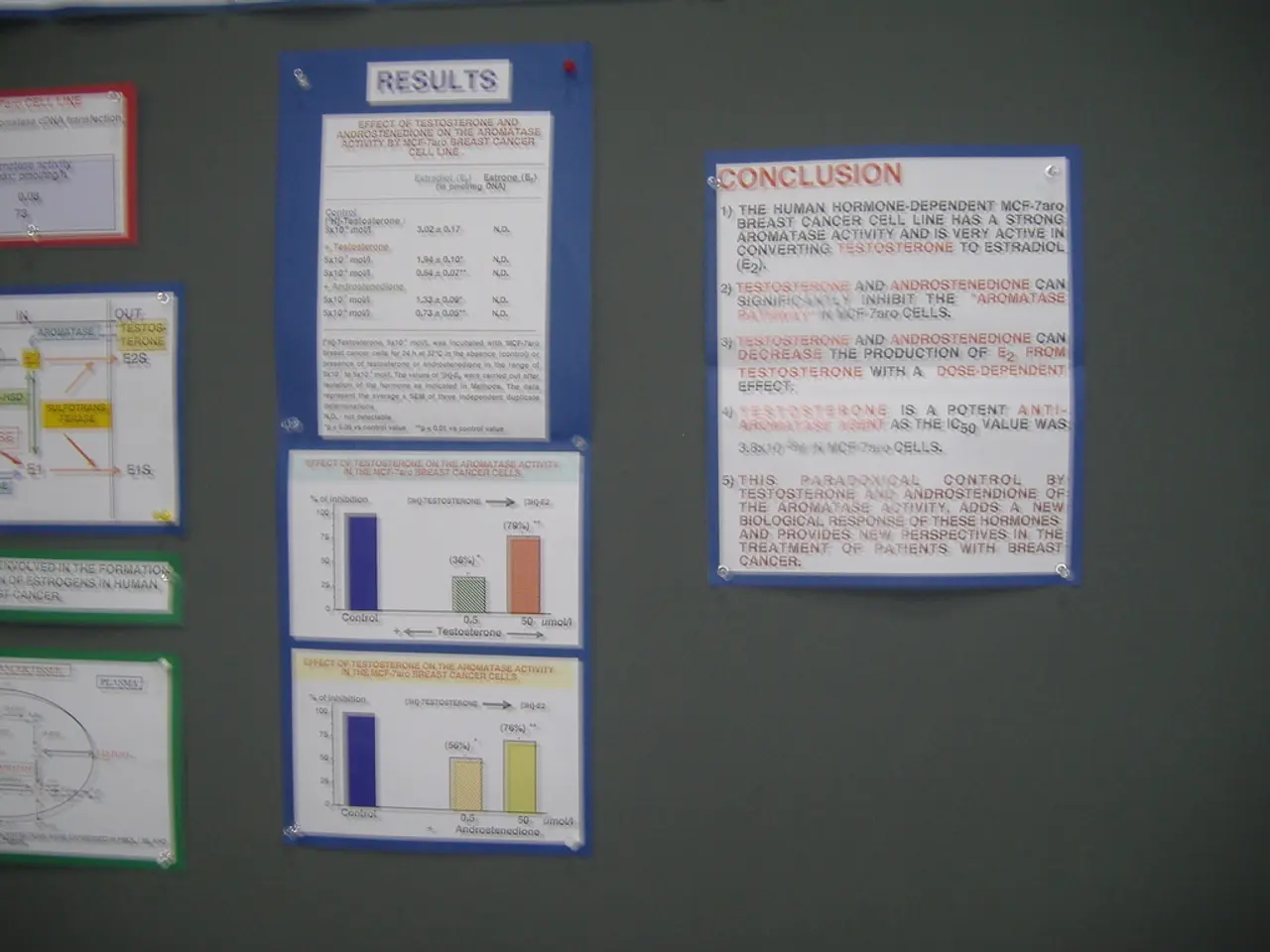Reformation of Judicial Fees through Decree-Law No. 78 of 2025, aimed at deterring frivolous litigation in Kuwait.
In a significant move aimed at modernizing its legal system, the government of Kuwait has issued Decree-Law No. 78 of 2025 to amend certain provisions of Law No. 17 of 1973 on judicial fees. This reform, which comes after fifty years of the original law remaining unchanged, reflects a broader effort to align the legal framework with current economic and social realities.
The reforms seek to address the growing volume of court cases, leading to prolonged litigation times, by introducing increased judicial fees. This move is intended to make accessing the judicial system more costly, thereby discouraging frivolous or non-serious lawsuits. By raising the costs associated with litigation, the government hopes to reduce the number of malicious lawsuits and reinforce the seriousness of resorting to the judiciary, ensuring that legal actions are pursued with genuine intent.
One of the key objectives of the reforms is to encourage parties to consider alternative dispute resolution methods like arbitration and conciliation. This shift is designed to ease the burden on the courts and promote more efficient and cost-effective dispute resolution processes. The reforms also aim to modernize Kuwait's legal system, reflecting the impact of rising inflation, increased per capita income, and higher service costs on the judicial system.
The changes introduce a new fee structure for claims of known value, with a proportional fee based on the claim's value. For example, a 5% fee applies to claims up to 30,000 dinars, decreasing to 1% for claims above 5 million dinars. A minimum fee of 10 dinars applies in all cases. Additionally, specific claims such as signature authenticity, urgent matters, forgery, foreign ruling enforcement, eviction of rented property, and others are classified as having no determinable value and will be subject to fixed fees.
Other key changes include the introduction of fees for lawsuits reactivated after cancellation or suspension, a 5-dinar fee per person for warnings and announcements unrelated to the lawsuit process, and a 0.5-dinar fee per page for extra or subsequent copies of judgments.
Exemptions from fees are regulated by Articles 15 to 17, requiring supporting documents and review by a three-judge committee. If an exempted party is ordered to pay but cannot, fees may be recovered later upon financial capability. It is important to note that the exemption is personal and may be annulled if the applicant's financial condition improves.
The reforms also address the issue of multiple requests within a lawsuit, with all requests subject to separate fees under Article 2. Article 8 requires individual fees for multiple original or reserve claims without value unless they are related.
In conclusion, Decree-Law No. 78 of 2025 represents a significant step towards reforming Kuwait's judicial system, emphasizing the importance of responsible litigation and efficient dispute resolution. The reforms aim to deter baseless lawsuits, support smoother court functioning, and maintain access to justice, while encouraging parties to consider alternative dispute resolution mechanisms.
The reforms intend to increase judicial fees as a means to discourage unnecessary lawsuits in the business sector, aligning with the overall objective of modernizing Kuwait's legal system to accommodate rising costs and promote efficiency. The new fee structure, which includes increased costs for certain types of claims, is designed to encourage parties to seek alternative dispute resolution methods in finance and business matters, such as arbitration and conciliation.




